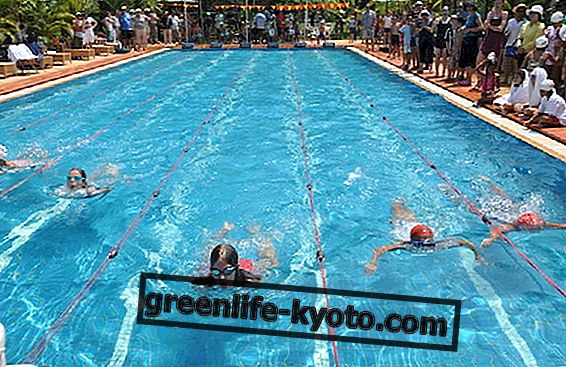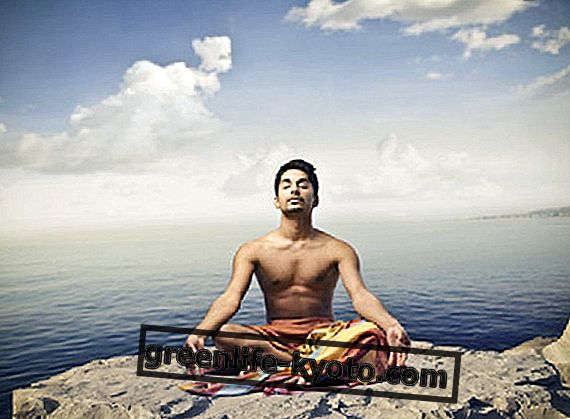
All martial arts in general are unanimously considered ideal sports and disciplines for forming character and learning discipline and respect .
This is undoubtedly linked to a constantly present ethical code, even if in various forms, in martial arts all over the world.
These basic rules and this good behavior are one of the cornerstones of martial arts, as is work on physical fitness and technique: without discipline, nothing solid and durable can be established and handed down .
The different approaches in martial arts
This irreplaceable disciplinary basis translates into various general trends: the American one, based on hard work and focused on performance above all.
The Master becomes the Coach and training without giving 100% is considered inappropriate and sometimes disrespectful. Then there is the Asian current, based on reverential respect and rituals : the greeting to the master, the religious respect of the hierarchies, the philosophy of the dojo, the attention to forms, and so on.
Breaking these codes of respect is considered improper. Added to these is the South American current, a Brazilian species, linked to the capoeira and Brazilian jiu jitsu.
Here the atmosphere is friendly and playful, the Master is a sort of older brother and space and energy are invested to establish personal relationships and personal confidences.
A final attitude is the East-European one, made of total and very sparring commitment, where the Master is often an inflexible father-colonel who loves the Spartan ways. What are the common rules for all these forms of discipline?
> Respect : for the Master and the instructors, for the classmates, for the gym or the dojo, for the rules and schedules. Respect is the very essence of the discipline .
> Igenie and cleaning : personal hygiene, cleaning of the kimono or gloves, cleaning the tatami. Short and clean nails, clean and odorless feet, clean underwear, clean kimono. Few but indispensable rules .
> Clothing and protections : as mentioned, the kimono must be clean, not sweaty, not of bad smell, in good condition or not torn or punctured, not stained, not patched. It must also be of a suitable size: a mismatched kimono means bad training. Same thing for the gloves and the other protections. No rings, earrings, necklaces, etc.
> Personal health : in the martial arts we are in close contact with others and it is important to safeguard their health . Such as? Avoid training when you are sick, when you have skin problems such as infections, irritation, open wounds or other. Even some minor ailments that cause a particularly bad breath or a bad smell of sweat should prompt us to skip a couple of lessons.
> Self-control : it is very important to know how to dose to avoid hurting your training partners . Never hit at full power, avoid dangerous techniques, follow the assigned exercise and do not improvise.
> Other forms of respect : when the Master explains a technique, silence should reign.
Leaving the ego outside the door and showing respect and gratitude for all, beyond the color of the belt and beyond the concepts of victory and defeat, which should not exist in training, the aim is to learn and not win, there is it's just a person we should want to be better at: ourselves.
Ask permission to leave and enter the training area. Switch off mobile phones.
> Sincerity and honesty : that is not gossiping, not talking behind, not talking about one's own performances, abilities and previous martial experiences : in the era of the internet and social networks, discovering the skeletons in the gossip closet and of the bales is a matter of a few clicks.
Other schools and other teachers : this is a controversial topic. Some schools tolerate and take kindly that their students train in other styles under other masters (as long as the commitment in their gym is evident), while others see it in a bad light.
Here sensitivity and ability to establish good compromises are required . But beyond the parry of the various masters, nobody can decide for us in the end.













